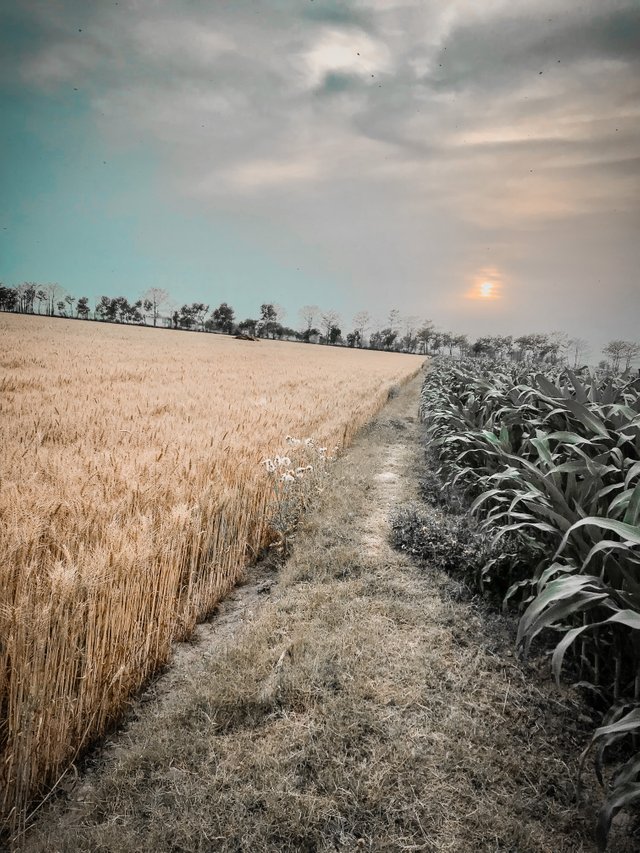Many people in this room have an Etsy store where they create unique, unreplicable artifacts or useful items to be sold on a small scale, in a common marketplace where their friends meet and barter. I and many of my friends own more than one spinning wheel. We grow our food again. We make pickles and jams on private, individual scales, when many of our mothers forgot those skills if they ever knew them. We come to conventions, we create small communities of support and distributed skills--when one of us needs help, our village steps in. It’s only that our village is no longer physical, but connected by DSL instead of roads. But look at how we organize our tribes--bloggers preside over large estates, kings and queens whose spouses’ virtues are oft-lauded but whose faces are rarely seen. They have moderators to protect them, to be their knights, a nobility of active commenters and big name fans, a peasantry of regular readers, and vandals starting the occasional flame war just to watch the fields burn. Other villages are more commune-like, sharing out resources on forums or aggregate sites, providing wise women to be consulted, rabbis or priests to explain the world, makers and smiths to fashion magical objects. Groups of performers, acrobats and actors and singers of songs are traveling the roads once more, entertaining for a brief evening in a living room or a wheatfield, known by word of mouth and secret signal. Separate from official government, we create our own hierarchies, laws, and mores, as well as our own folklore and secret history. Even my own guilt about having failed as an academic is quite the crisis of filial piety--you see, my mother is a professor. I have not carried on the family trade.
We dwell within a system so large and widespread, so disorganized and unconcerned for anyone but its most privileged and luxurious members, that our powerlessness, when we can summon up the courage to actually face it, is staggering. So we do not face it. We tell ourselves we are Achilles when we have much more in common with the cathedral-worker, laboring anonymously so that the next generation can see some incremental progress. We lack, of course, a Great Work to point to and say: my grandmother made that window; I worked upon the door. Though, I would submit that perhaps the Internet, as an object, as an aggregate entity, is the cathedral we build word by word and image by image, window by window and portal by portal, to stand taller for our children, if only by a little, than it does for us. For most of us are Lancelots, not Galahads. We may see the Grail of a good Classical life, but never touch it. That is for our sons, or their daughters, or further off.
And if our villages are online, the real world becomes that dark wood on the edge of civilization, a place of danger and experience, of magic and blood, a place to make one’s name or find death by bear. And here, there be monsters.
